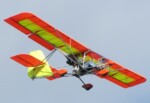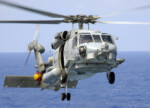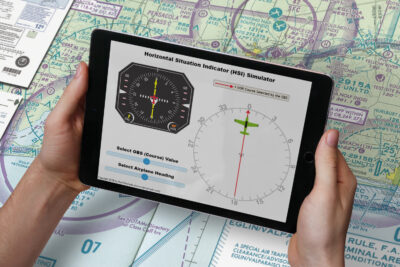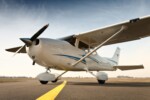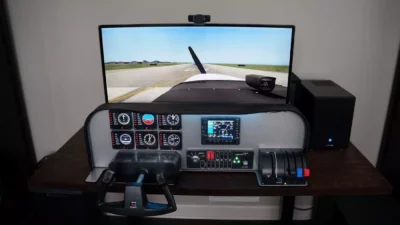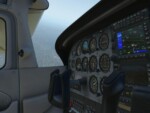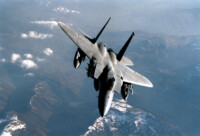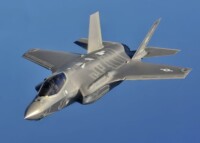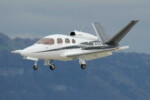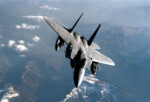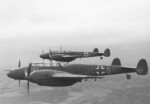The 11 Best Russian Fighter Jets of All Times
14 February 2022 | Updated on February 05, 2024
Present-day Russian fighter jets have their origins in the formidable Cold War-era Soviet Union fighter jets designed to counter the threat of the American strategic nuclear bombers and challenge the air supremacy of United States jet fighters. They were the centerpiece of the communist countries’ PR wars, military propaganda, and the motherland’s first line of defense. Russian fighter jet exports were a crucial source of foreign exchange.


After the fall of the Soviet Union, several military aviation experts believed that the era of robust Soviet-made fighters was over. They mourned the loss of pioneering avionics and pilot aids like the MiG-29 helmet-mounted display (HMD) or periscope. Consequently, exports of Russian fighters fell.
The recent rebirth of Russian aviation seems to have taken a lot of people by surprise. And Russian engineers, no longer constrained by the Cold-War era tactics of building fighters to counter comparable American fighter jets, were free to put their best ideas into practice. The result is a slew of fast, deadly, and popular fighter jets from Sukhoi and whose performance is currently pushing the barriers of stealth technology, speed, and precision strikes.
The 11 Best Russian Fighter Jets of All Times
As the Russian fighter jets continue to evolve, we look at 11 of the best Russian fighter jets of the Cold War era, the newer fighters of the modern era.
11. Mikoyan MiG-17 Fresco
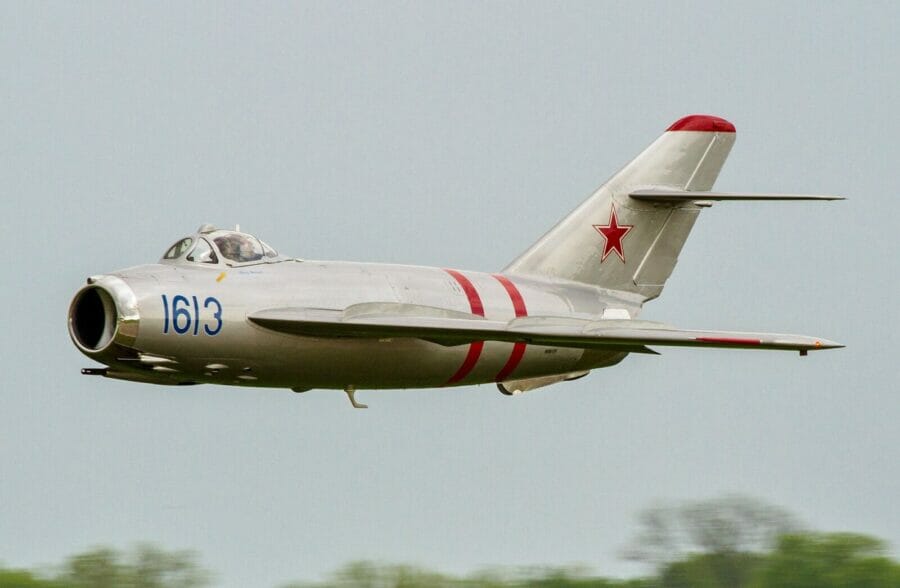

Photo by Balon Greyjoy
Introduced in 1952, the Mikoyan-Gurevich MiG-17 NATO Code (Fresco) is one of the Soviet Unions’ early advanced fighter programs coming soon after the MiG-15 fighter on which the aircraft is based. The design of the MiG-17 was the basis of future supersonic Russian fighter jets like the MiG-19, and its single Klimov VK-1F after-burning centrifugal-flow turbojet engine is capable of subsonic speeds exceeding Mach 0.9 with an afterburner.
Like its predecessor, the MiG-15, MiG 17s also featured a swept-wing design. And this, along with its exceptional stability at high speeds, helped it achieve air superiority against faster and more advanced American jet fighters like the F-100 Super Sabre and the F-4 Phantom II during low-level dogfights in the Vietnam War. Licensed production of the MiG-17 was done in China (Shenyang J-5) and Poland (PZL-Mielec Lim-6). MiG-17 variants were exported to several countries.
Aircraft details
- Manufacturer – Mikoyan-Gurevich
- Speed – Mach 0.93 (711 mph, 1,145 kph, 618 kn)
- Introduction – 1952
- Configuration – Single engine, one seater
- Role – Fighter aircraft
- Service Ceiling – 16,600 m (54,500 ft)
- Range – 2,020 km (1,620 mi, 1,090 nmi)
- Stealth – No
- No Built – 10,649
- Status – In limited service
10. Sukhoi Su-24 Fencer
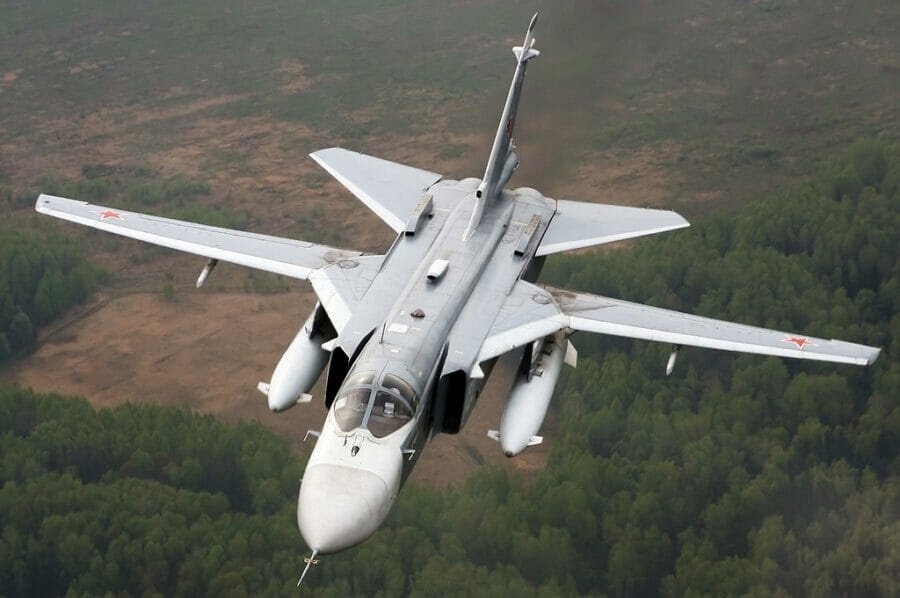

Photo by Alexander Mishin
The Su-24 Fencer (NATO Code) is an all-weather, twin-engined attack Russian jet fighter capable of supersonic speeds. Sukhoi aircraft designers incorporated a shoulder-mounted variable-sweep wing to give the aircraft more excellent stability during supersonic speeds. And it was the first Soviet military aircraft to feature an integrated navigation/attack system.
The Su-24 is regarded as one of the best Russian fighter jets of all time due to its reliability, its extensive combat record, and huge global popularity. Apart from being in operation with the Russian Air Force and Navy, the Sukhoi Su-24 was widely exported, and it is still in operation with the Air Forces of several including the Ukrainian Air Force, Kazakhstan Air Force, Algerian Air Force, Azerbaijan Air Force, and the Algerian Air Force.
Aircraft details
- Manufacturer – Sukhoi
- Speed – Mach 1.3 (1027.63, 1,654 km/h, 893 kn)
- Introduction – 1974
- Configuration – Twin engine, two-seater
- Role – All-weather attack aircraft/Interdictor
- Service Ceiling – 11,000 m (36,000 ft)
- Range – 2,775 km (1,724 mi, 1,498 nmi)
- Stealth – No
- No Built – 1,400
- Status – In-service
9. Sukhoi Su-25 Frogfoot
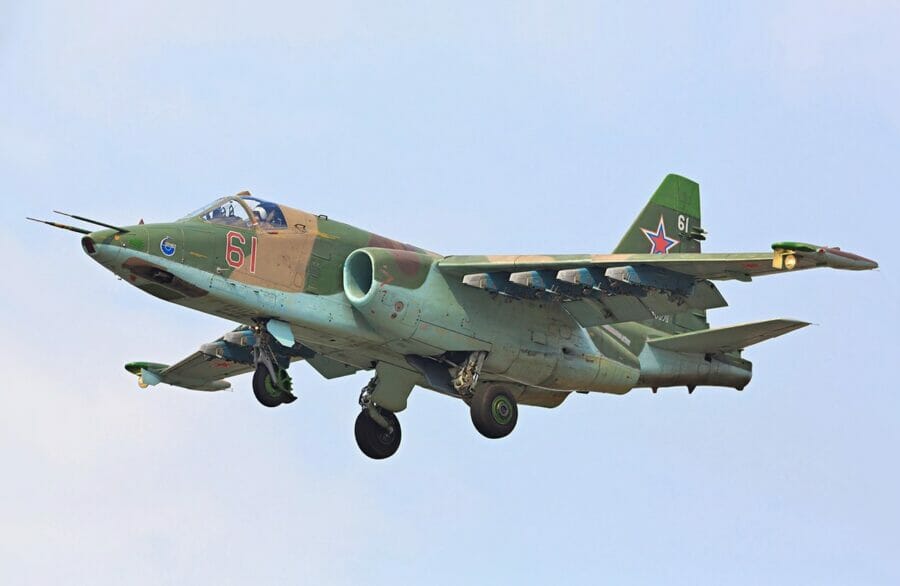

Photo by Fedor Leukhin
The Su-25 is one of the early twin-engine Russian jet fighters developed by Sukhoi. Dubbed Frogfoot by NATO, it was conceived as a direct replacement to the Su-24, and it entered service with the Soviet Airforce in February 1975. The Su-25 primary role as a close air support fighter for ground troops led to it being fitted with armor plating. To protect the pilot. And it is one of the two Russian fighter jets equipped with an armor-plated exterior.
Unique design features of the Su-25 include a high aspect ratio metal cantilever wing with its sections attached to a central torsion box within the fuselage. And a fuselage constructed from semi-monocoque, stressed-skin construction.
The Su-25 cut its combat teeth in the Soviet-Afghan war. Other combat deployments include the Iran-Iraq War, Gulf War, and the Chechen wars.
Aircraft details
- Manufacturer – Sukhoi
- Speed – Mach 0.79 (606 mph, 975 kph, 526 kn)
- Introduction – 1981
- Configuration – Twin engine, single-seat
- Role – Close air support
- Service Ceiling – 7,000 m (23,000 ft)
- Range – 1,000 km (620 mi, 540 nmi)
- Stealth – No
- No Built – 1,000+
- Status – In-service
8. Sukhoi Su-27 Flanker family
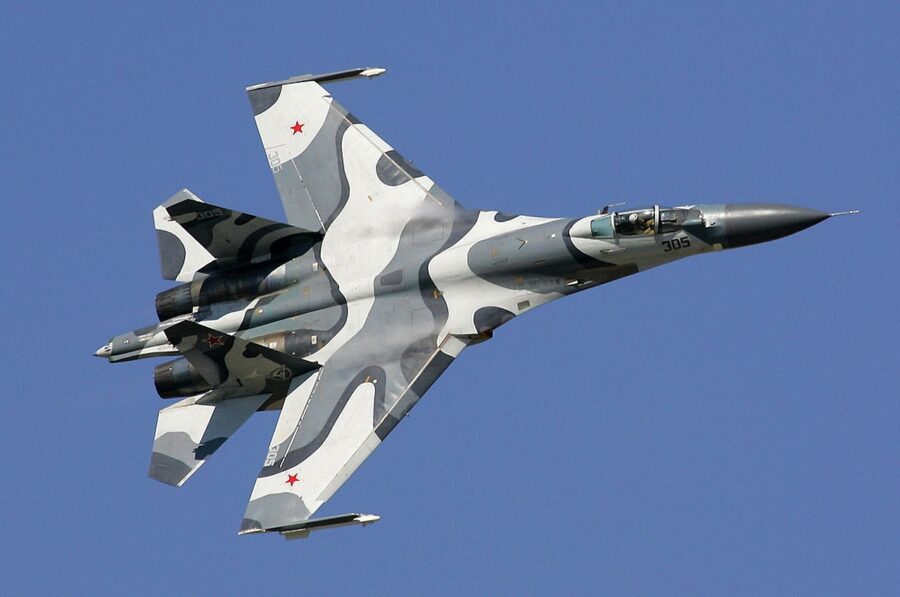

By Dmitriy Pichugin
The Su-27 is among the fourth-generation fighter jets of Russia. Code-named (Flanker) by NATO, this multirole aircraft was developed to counter the threat of American F-15 Eagle, and F-16 Fighting Falcon advanced fighter jets. Su-27 is one of the most famous fighter jets of Russia outside of the MiG range of fighter jets.
Versions of the aircraft were produced under license in China as the Shenyang J-11, which remains in service with the People’s Liberation Army Air Force (PLAAF) and the People’s Liberation Army Naval Force. Other operators of the Su-27 include the Russian Air Force, People’s Air and Air Defense Force of Angola, Ukrainian Air Force, Vietnam People’s Air Force, etc.
Aircraft details
- Country of manufacture – Soviet Union
- Speed – Mach 2.35 (2,803 kph, 1,741 mph)
- Introduction – 1985
- Configuration – Twin engine, single or two-seater
- Role – Multirole, Air superiority tactical fighter
- Service Ceiling – 19,000 m (62,000 ft)
- Range – 3,530 km (2,190 mi, 1,910 nmi)
- Stealth – No
- No Built – 680
- Status – In-service
7. Sukhoi Su-30 Flanker family
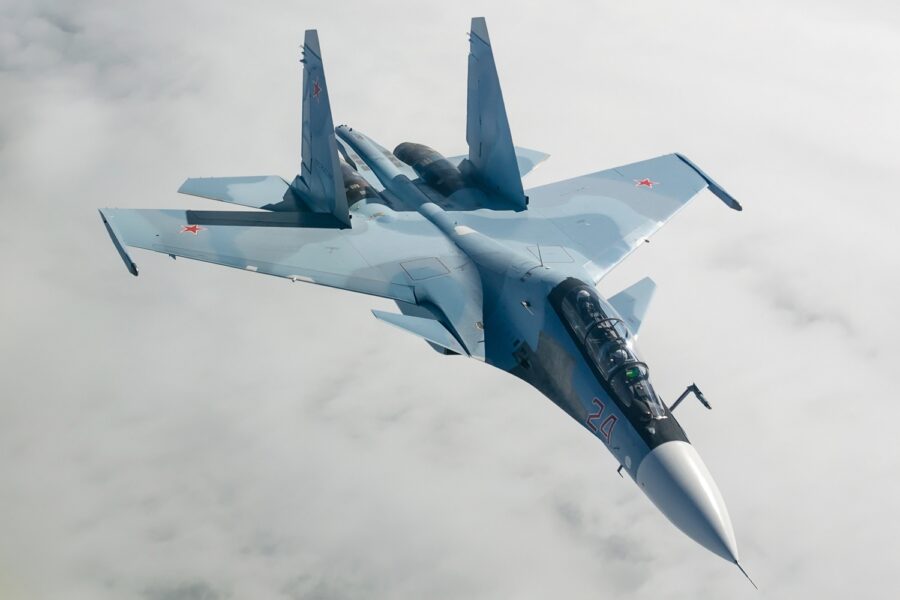

The Su-30 seemed a likely answer to Russia’s deepening economic and military upheavals. It is one of the first Russian fighter jets to debut after the Iron Curtain fall. The Russian arms industry was in chaos after the breakup of the Soviet Union, with new military projects being canceled. But the Sukhoi Su-30 erased military experts’ doubts about Russia’s ability to continue developing advanced fighter jets.
The Su-30 is a twin-engine, highly maneuverable jet fighter and a part of the Sukhoi Flanker family of Russian fighter jets, including the Su-27, Su-30, Su-33, Su-34, and the Su-35. It has all-weather, ground attack, and excellent dogfighting capabilities. Its closest American competitor is the F-15E Strike Eagle. Exports sales of the Su-30 are successful with several countries operating the aircraft. They include India, Vietnam, Uganda, Indonesia, and Venezuela. China uses several Su-30 MKK variants.
Aircraft details
- Manufacturer – Sukhoi
- Speed – Mach 2 (2,120 kph, 1,320 mph, 1,140 kn)
- Introduction – 1996
- Configuration – Twin engine, two-seater
- Role – Air superiority, multirole fighter
- Service Ceiling – 17,300 m (56,800 ft)
- Range – 3,000 km (1,900 mi, 1,600 nmi)
- Stealth – No
- No Built – 1,400
- Status – In-service
6. Sukhoi Su-34 Fullback
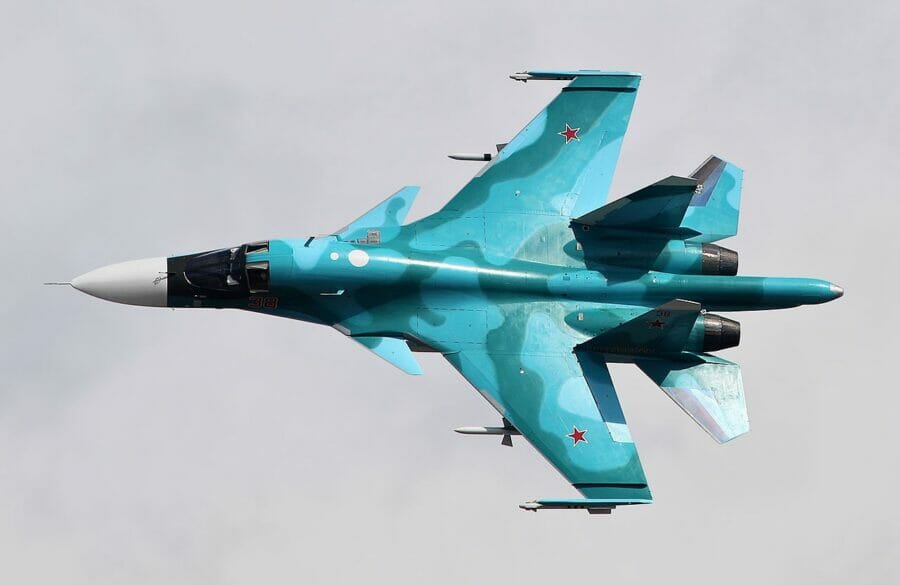

Photo by Vitaly V. Kuzmin
The Su-34 Fullback (NATO code) is a formidable twin-engine, all-weather supersonic fighter-bomber/strike aircraft with a unique development history. The prototype’s first flight was in March 1990, before the dissolution of the Soviet Union, but program delays and budget cuts meant the production model began service with the Russian Air Force in 2014.
Distinctive features of the Su-34 include armored side-by-side twin-seat cockpit, Counter Fire, Electronic Warfare weapons systems, fire-control systems, a Leninets OKB-designed V004 passive electronically scanned array radar, and aerial reconnaissance capabilities. The Russian Air Force is the Su-34 primary operator. However, Algeria has several aircraft on order.
Aircraft details
- Manufacturer – Sukhoi
- Speed – Mach 1.8 (1,900 kph, 1,200 mph, 1,000 kn)
- Introduction – 2014
- Configuration – Twin engine, two-seater
- Role – Fighter-bomber/ Strike fighter
- Service Ceiling – 17,000 m (56,000 ft)
- Range – 4,500 km (2,800 mi, 2,400 nmi)
- Stealth – No
- No Built – 143
- Status – In-service
5. Sukhoi Su-35 Flanker-E
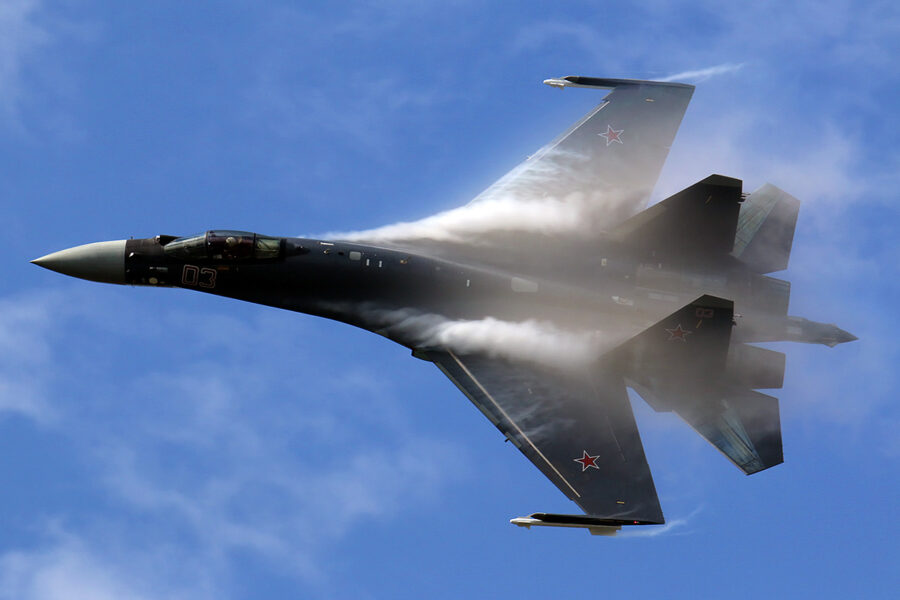

Photo by Dmitry Terekhov
The Sukhoi Su-35 Flanker-E (NATO code) is an upgraded variant of the Su-27, one of the best Soviet Union fighter jets. The Soviet government gave this fourth-generation fighter the Su-27M designation. However, it was modernized, and its designation changed to the Su-35 after the dissolution of the communist government to entice foreign buyers.
Features of the Su-35 include thrust-vectoring engines instead of canards, redesigned wings capable of sustaining 10-g maneuvers without additional structural reinforcements, redesigned fly-by-wire flight control system allowing greater combat maneuverability, and the N011 Bars weapons control system, which is a phased-array radar incorporating pulse-Doppler tracking which detects targets located below the horizon. Primary operators of the Su-34 include The Russian Air Force and China’s People’s Liberation Army Air Force which has several Su-34s on order.
Aircraft details
- Manufacturer – Sukhoi Design Bureau
- Speed – Mach 2.25 (2,400 kph, 1,500 mph, 1,300 kn)
- Introduction – 2014
- Configuration – Twin engine, single-seat
- Role – Multirole fighter, air superiority fighter
- Service Ceiling – 18,000 m (59,000 ft)
- Range – 4,500 km (2,800 mi, 2,400 nmi)
- Stealth – No
- No Built – 154
- Status – In-service
4. Sukhoi SU-57 Felon
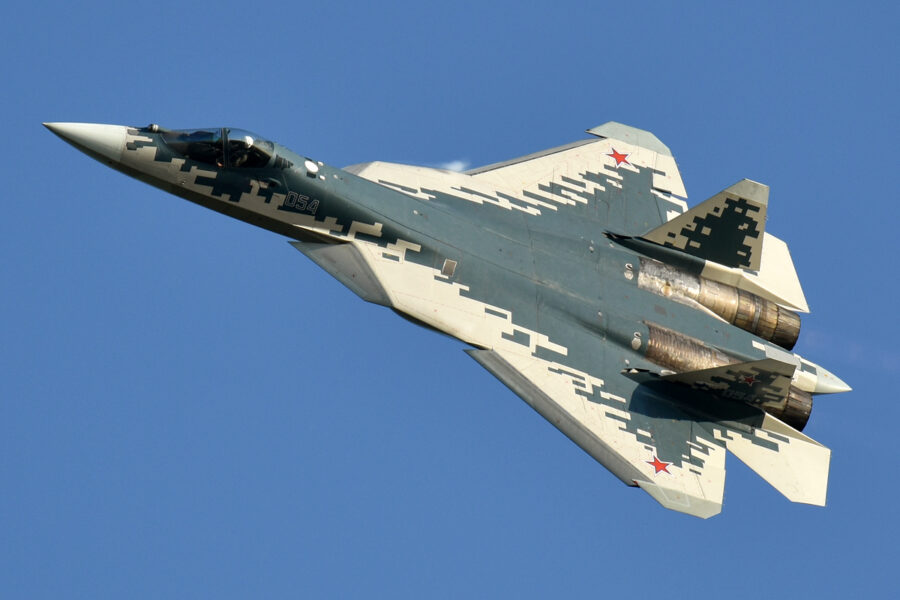

By Anna Zvereva
Codenamed “Felon” by NATO, the Sukhoi Su-57 is a Russian 5th generation multirole fighter. It is Russia’s first stealth combat aircraft in a range of fighter jets Russia designed to replace the MiG-29 and Su-27 aircraft. Designed by the Sukhoi Design Bureau, the SU-57 promises special handling and advanced aerial tactical capabilities incorporating advanced avionics, radar systems, and supercruise in a stealth airframe with lower operating costs than comparable US-built 5th generation fighters.
While most of its data remain classified, the Su-57 surface is constructed mainly from composite materials to reduce its radar signature. The Su-57 main competitor is the American-built F-22 Raptor, and its primary operator is the Russian Air Force. However, India and South Korea have expressed interest in acquiring the aircraft.
Aircraft details
- Manufacturer – Sukhoi Design Group, Komsomolsk-on-Amur Aircraft Plant
- Speed – Mach 2 (2,385 kph/1,482 mph)
- Introduction – 2020
- Configuration – Twin engine, single-seat
- Role – Multirole fighter
- Service Ceiling – 20,000 m (66,000 ft)
- Range – 3,500 km (2,200 mi/1,900 nmi)
- Stealth – Yes
- No Built – 14
- Status – In-service, in production
3. Mikoyan-Gurevich MiG-25 Foxbat
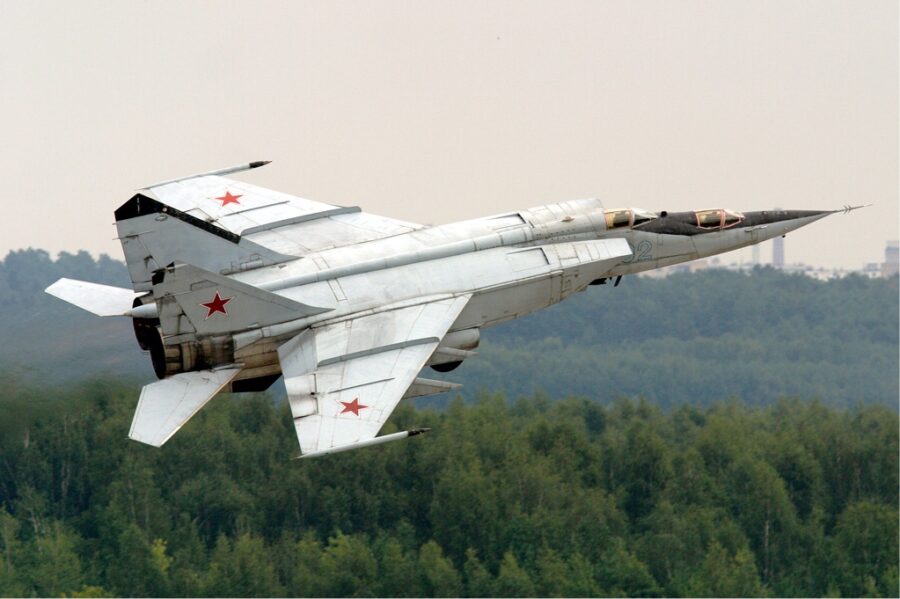

By Leonid Faerberg
The west feared this aircraft for a good reason. The Mikoyan-Gurevich MiG-25, FOXBAT (NATO code-name), is one of the best fighter jets of Russia, and it holds the record for the fastest Russian military aircraft. The MiG-25 is a supersonic interceptor and reconnaissance fighter airplane, and it was Mikhail Gurevich‘s last design before his retirement.
Power is supplied by a couple of Tumansky R-15B-300 after-burning turbojet engines, each producing 73.5 kN (16,500 lbs) of dry thrust and 100.1 kN (22,500 lbs) with an afterburner. However, western myths about the MIG-25 superior handling and performance were eventually debunked. The aircraft remains the fastest serially produced human-crewed fighter jet in history and one of the Soviet Union fighter jets that terrified western generals during the Cold War.
Aircraft details
- Manufacturer – Mikoyan Gurevich
- Speed – Mach 3 (3,375 kph/2,097 mph)
- Introduction – 1970
- Configuration – Twin Engine, single-seat
- Role – Interceptor and reconnaissance aircraft
- Service Ceiling – 20,700 m (67,900 ft)
- Range – 1,630 km (1,013 mi, 1,000 nmi)
- Stealth – No
- No Built – 1,186
- Status – In limited service
2. Mikoyan-Gurevich MIG-29 Fulcrum
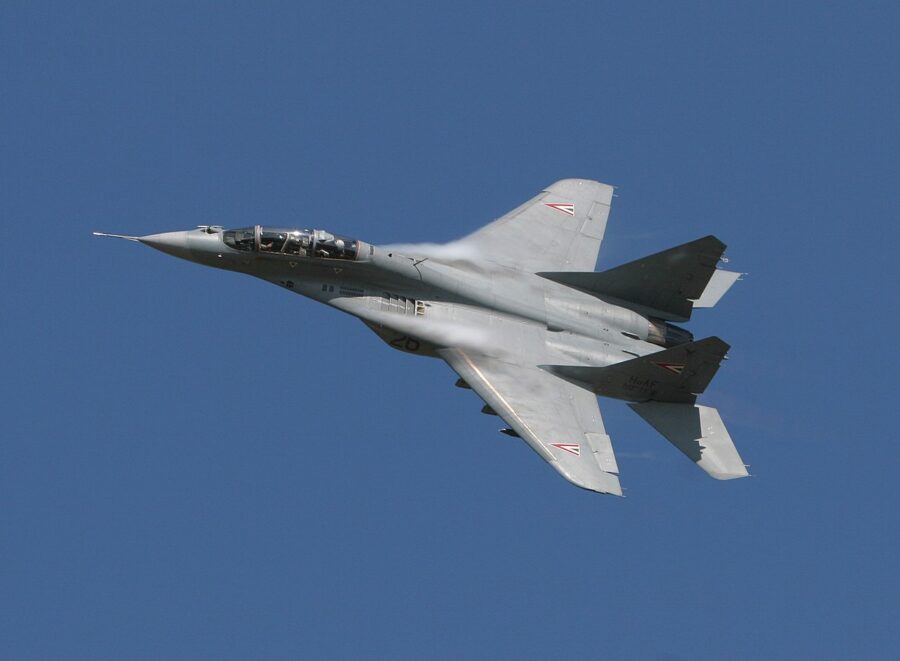

By Coert van Breda – Koksijde (Belgium) Airshow 2005
The Mikoyan MiG-29 Fulcrum (NATO code name) is a Russian multirole and air superiority fighter designed by Mikoyan Gurevich and The Russian aerodynamics institute (TAG). The MiG-29 was a military and PR success for the Soviet Union because of its superb handling and combat capabilities which puts it on a par with the General Dynamics F-16 Falcon.
Official tests performed by the German military in the 90s revealed that MiG-29s formerly operated by the Air Force of East Germany performed better in dogfights when pitted against F-16s and had superior handling characteristics than the American fighter. The MiG-29 remains in service with the Russian Air Force and with Poland, Iraq, United States, Yugoslavia, India, Bulgaria, Libya, Sudan, Peru, and Syria.
Aircraft details
- Manufacturer – Mikoyan Gurevich
- Speed – Mach 2.25 (2,683 kph/1,667 mph)
- Introduction – 1982
- Configuration – Twin engine, one seater
- Role – Multirole, Air superiority fighter
- Service Ceiling – 18,000 m (59,000 ft)
- Range – 1,430 km (890 mi/770 nmi)
- Stealth – No
- No Built – Over 1,600
- Status – In service, in production
1. Mikoyan-Gurevich MiG-31 Foxhound
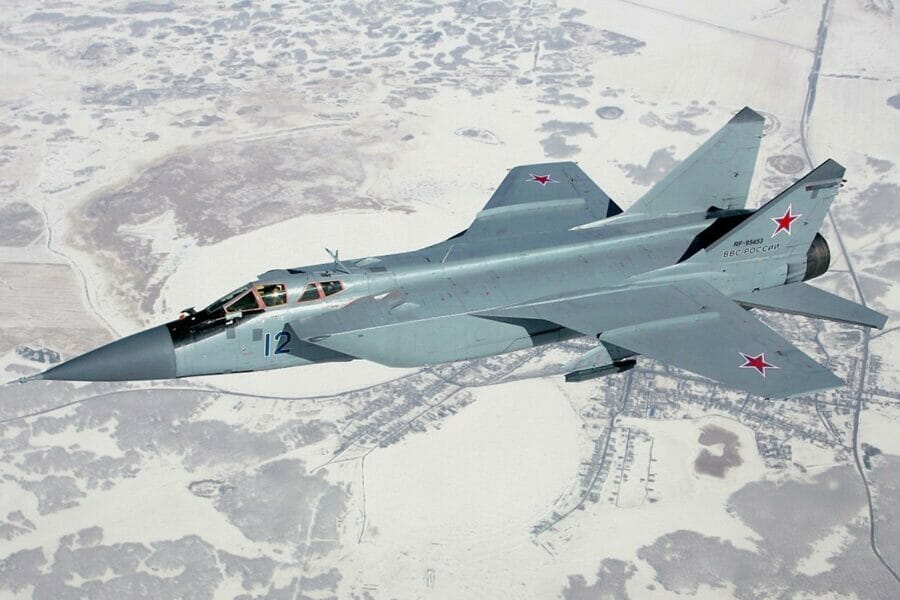

Photo by Dmitriy Pichugin
The MiG-31 is a fourth-generation twin-engine interceptor capable of over Mach 2.2 speeds, making it one of the fastest Soviet Union fighter jets. Codenamed FOXHOUND by NATO observers, the MiG-31 shares similar design features with its predecessor, the MiG-25 FOXBAT.
The aircraft fuselage has 50% steel and 33% aluminum construction, with the nose made from various aluminum alloys. Other unique design elements of the MiG-31 include a fully rotated horizontal tail and a high trapezoidal wing. Operators of the MiG-31 include the Russian and Kazakhstan Air Force.
Aircraft details
- Manufacturer – Mikoyan Gurevich
- Speed – Mach 2.83+ (3,375 kph/2,097 mph)
- Introduction – 1981
- Configuration – Twin Engine, two-seater
- Role – Supersonic Interceptor
- Service Ceiling – 25,000 m (82,000 ft)
- Range – 3,000 km (1,900 mi, 1,600 nmi)
- Stealth – No
- No Built – 519
- Status – In-service





